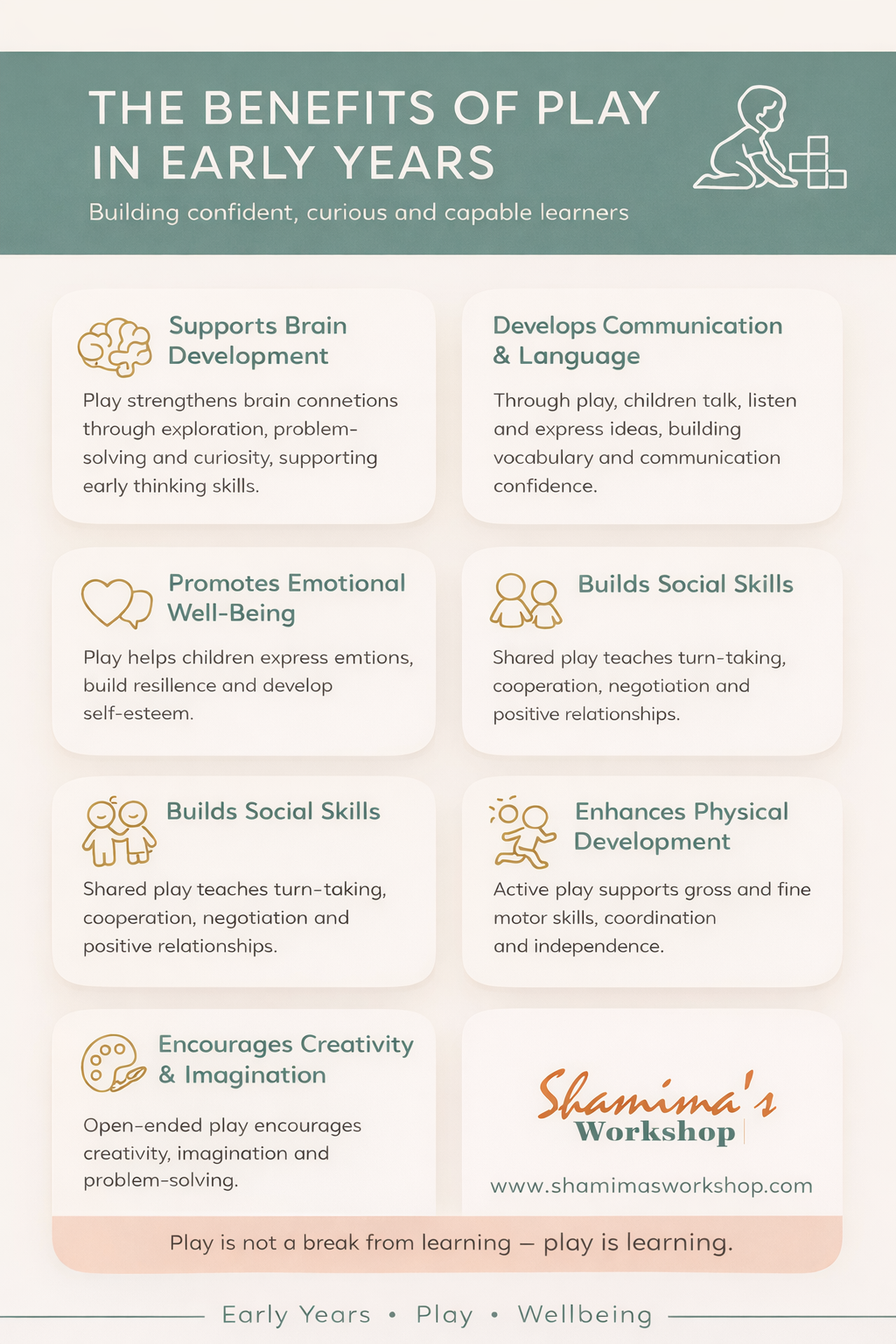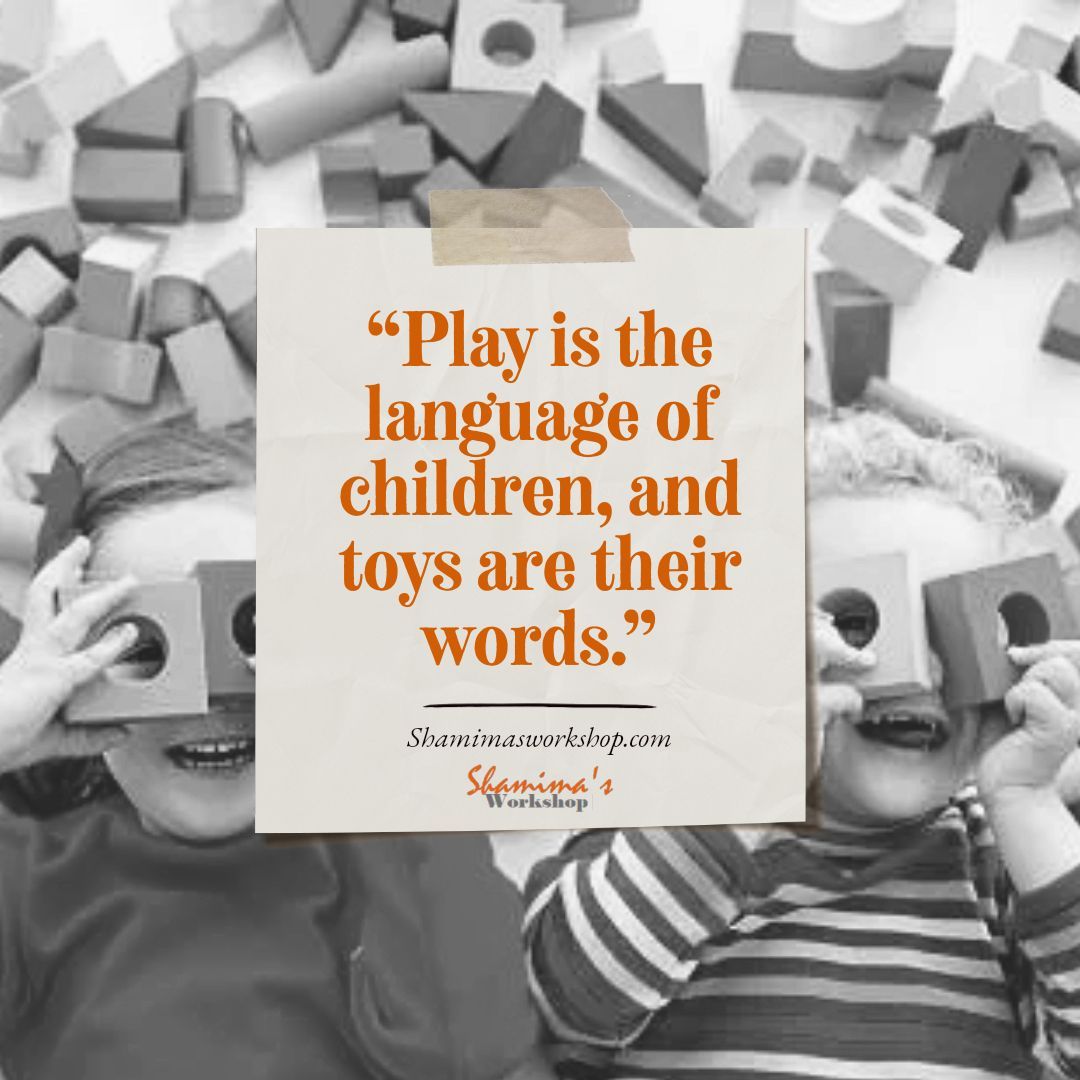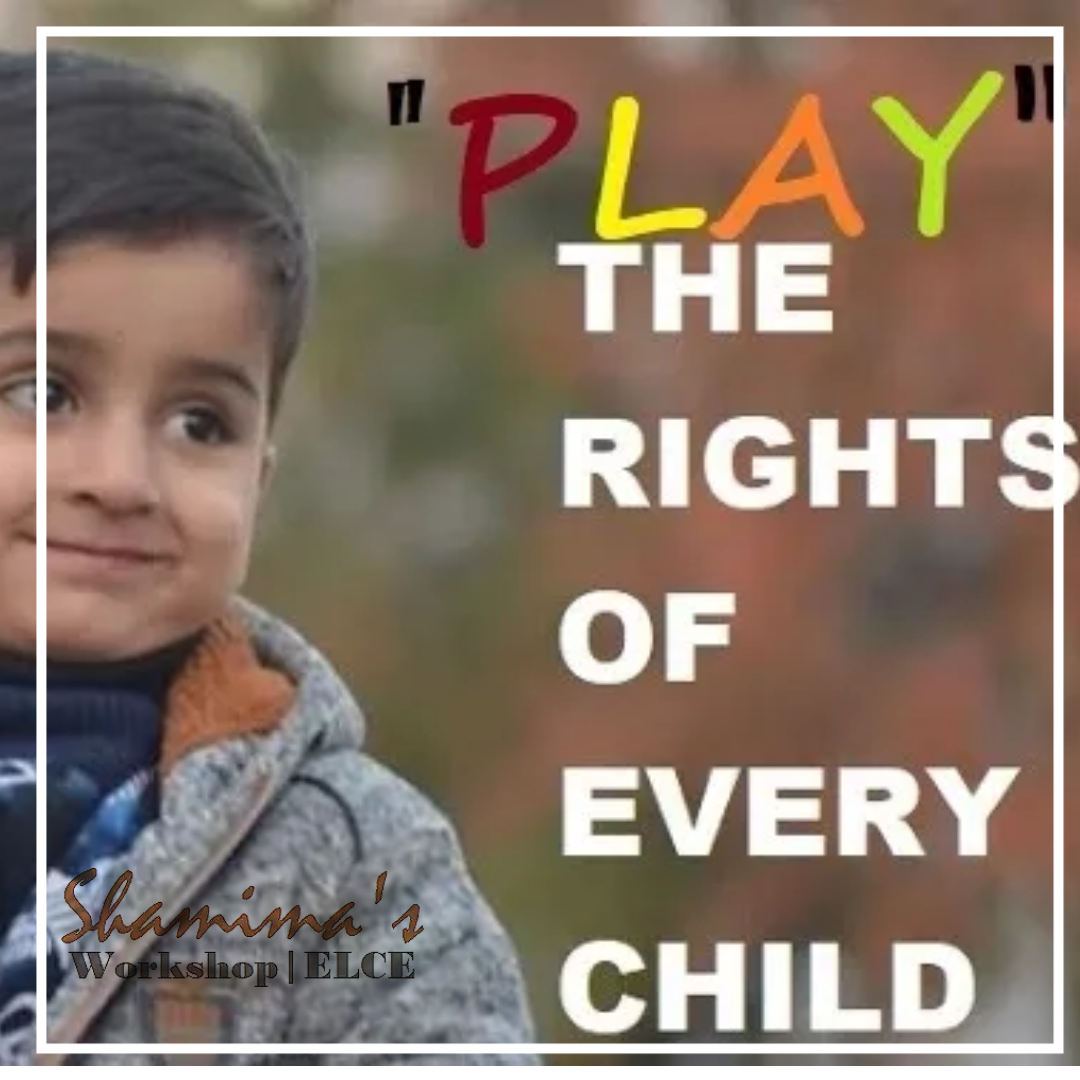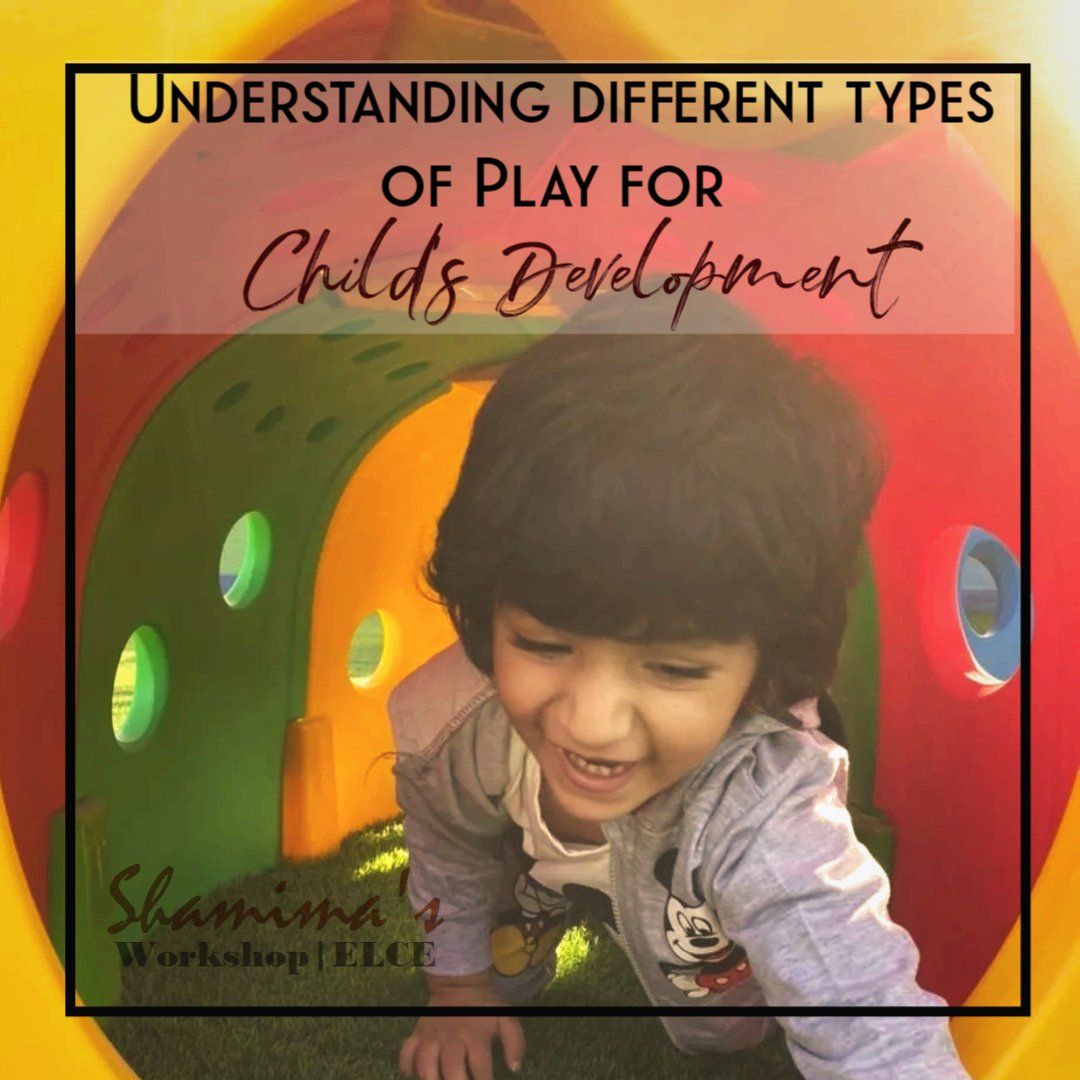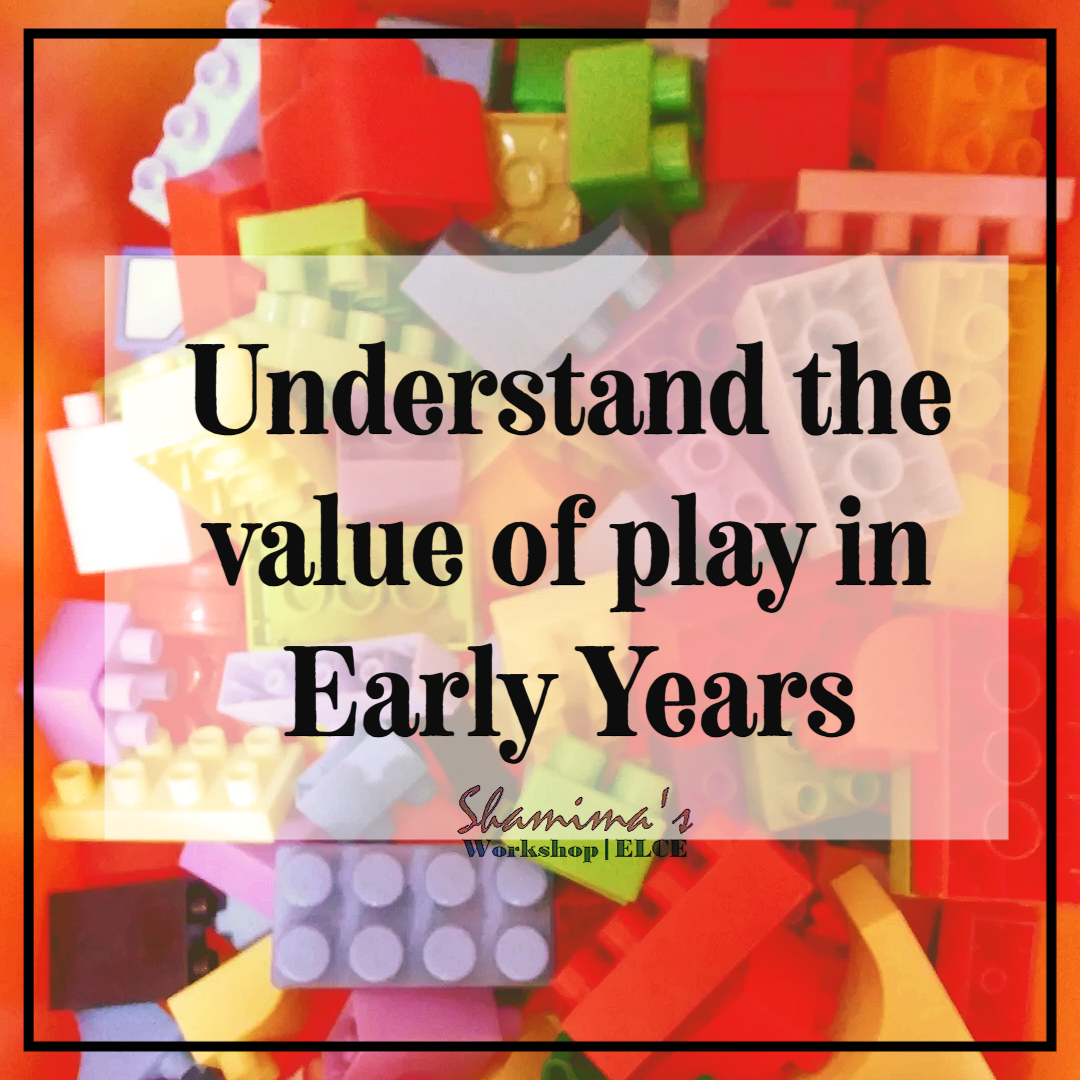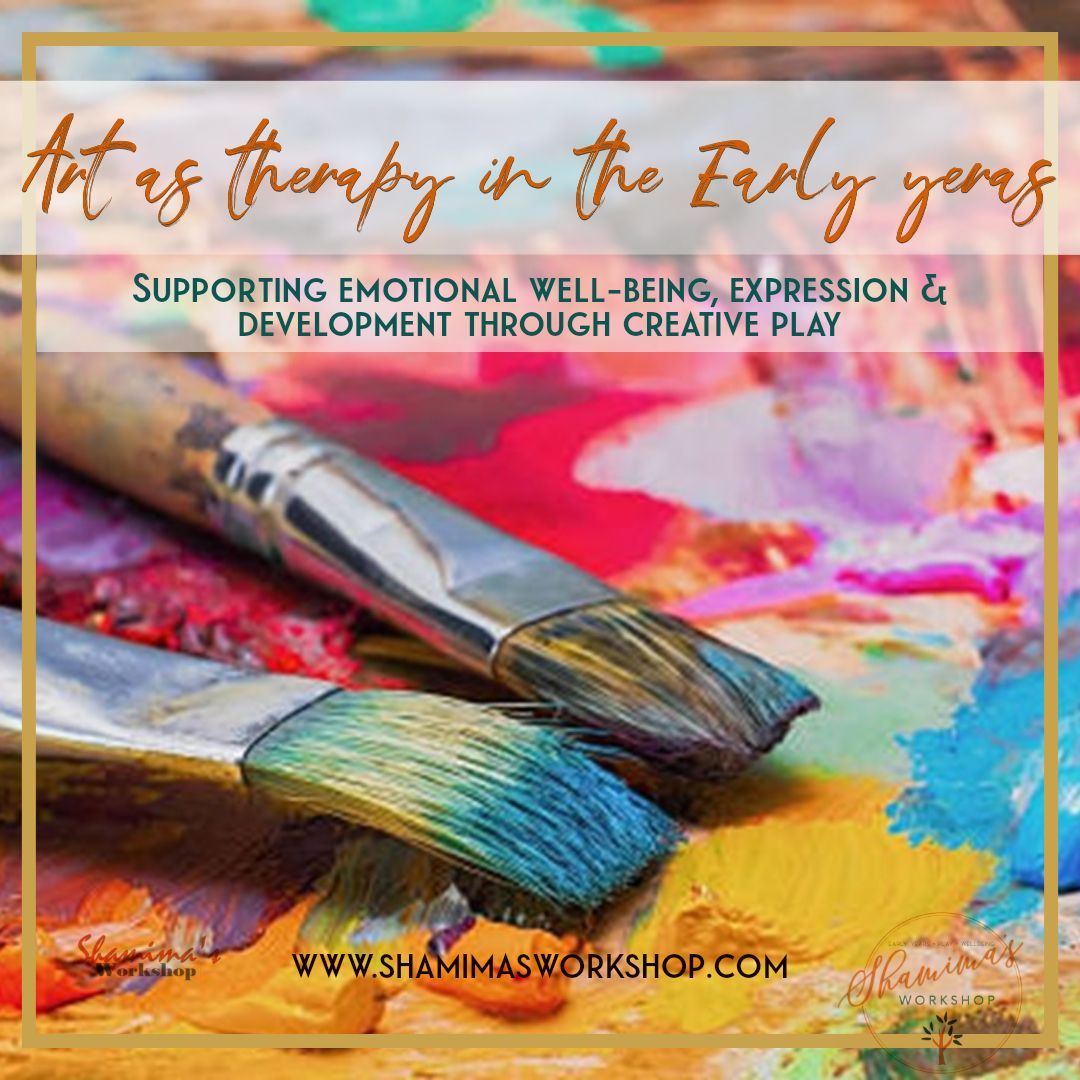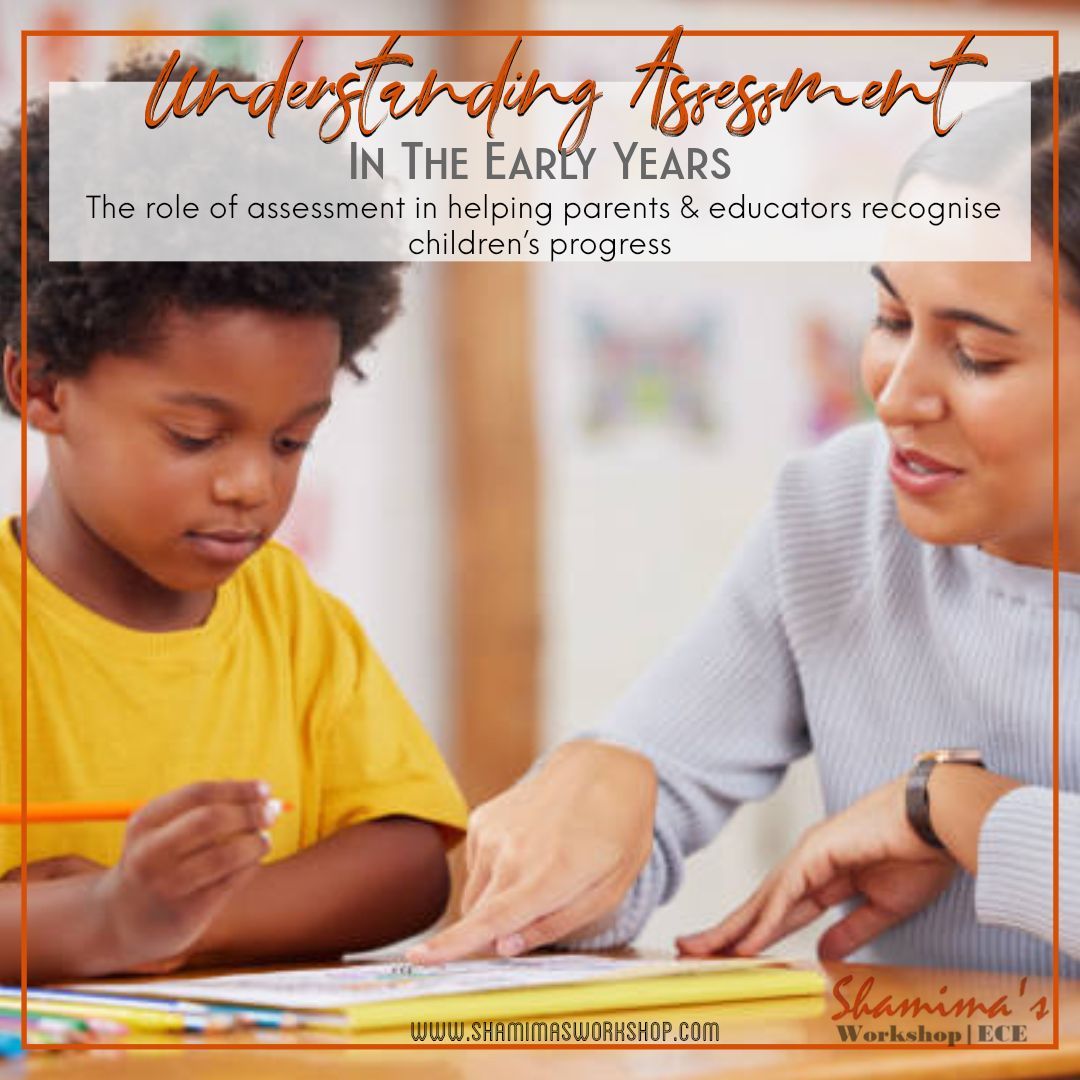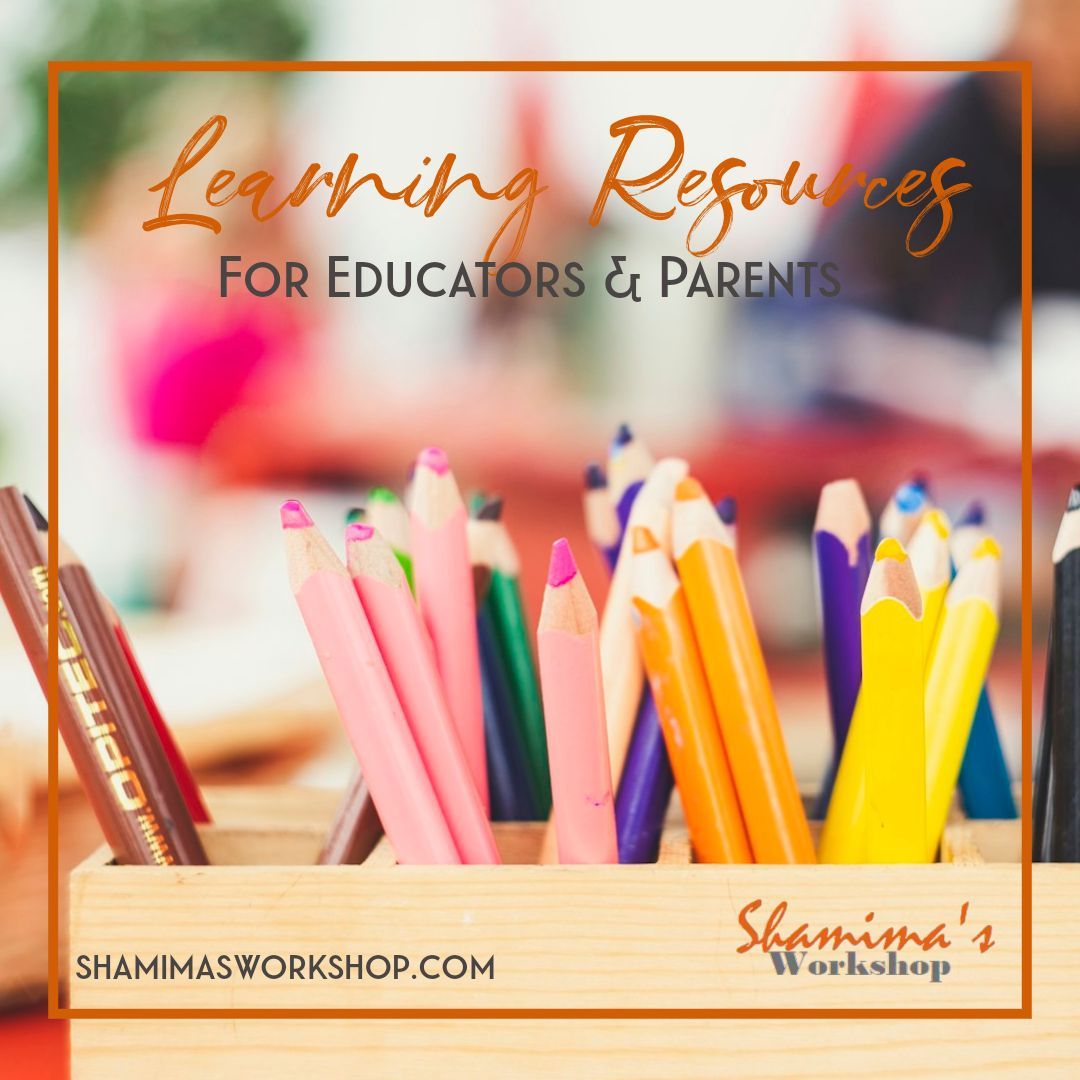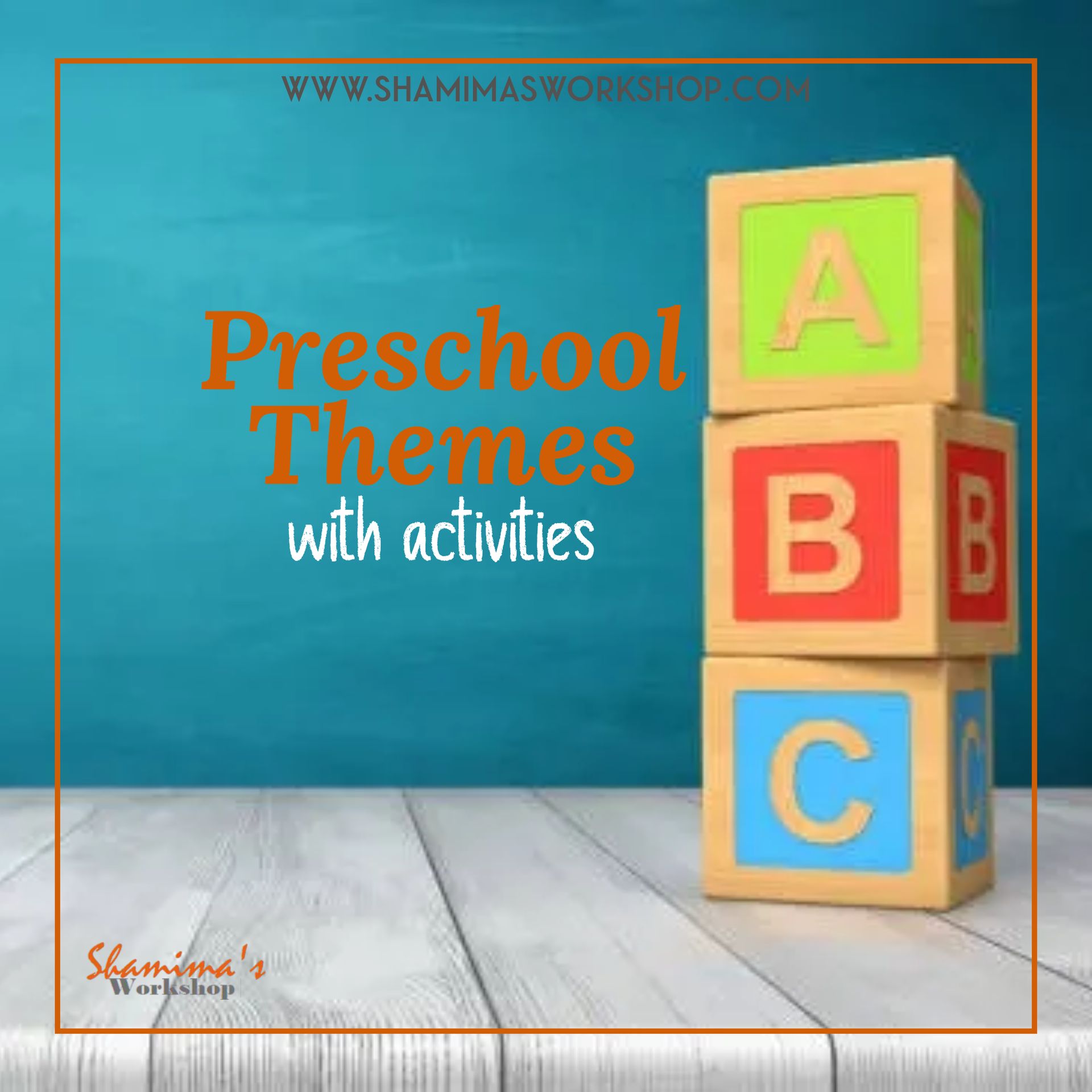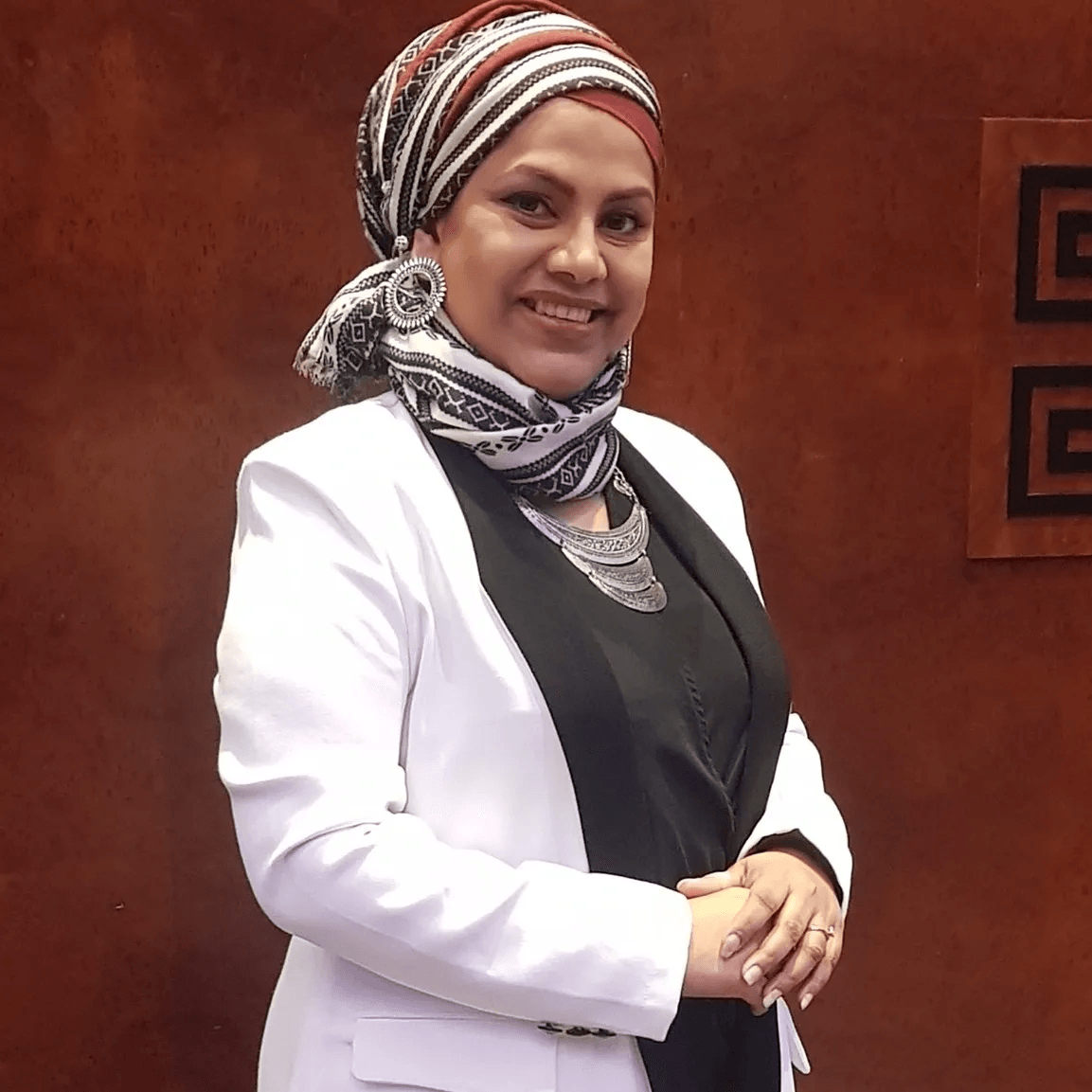Why Is Play Important In The Development of Children?
Importance of play in Children's learning & development
Supporting children’s learning, well-being, and development through play.
By Shamima Fowzee | Early Years Trainer & Creative Art Therapist
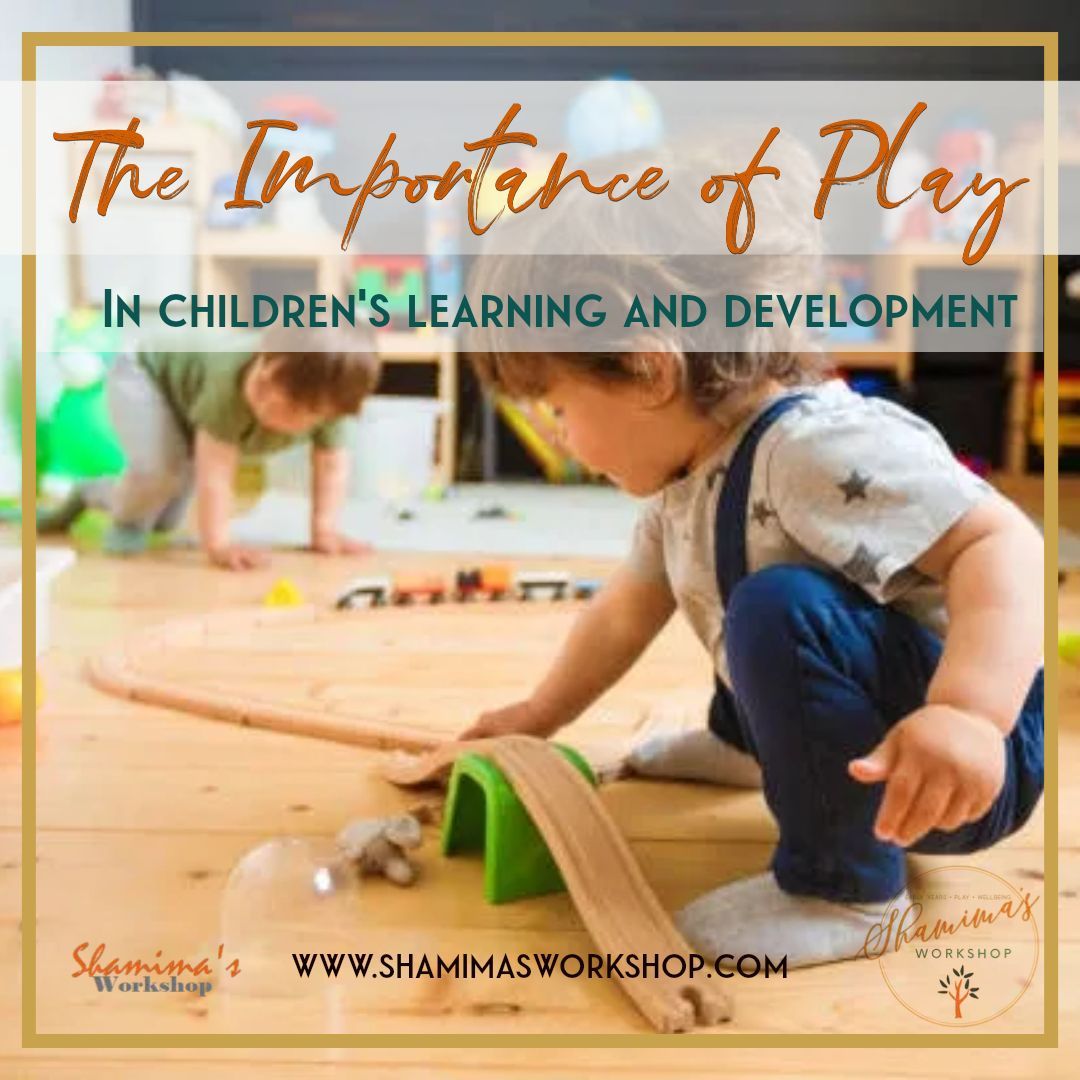
What is Play?
Play is a child-led, voluntary, and enjoyable activity where children explore ideas, test possibilities, express emotions, and practice skills. It can be spontaneous or planned, quiet or active, individual or social but it is always purposeful from the child’s perspective.
Through play, children:
- Make choices and develop independence
- Experiment without fear of failure
- Express feelings and experiences
- Build confidence and creativity
Play allows children to learn at their own pace, following their interests and developmental readiness. Children's play supports all areas of play and development. A life without play can inhibit the holistic development of children. From an early years practitioner's view, play is a valuable way of supporting development, and that is one of the reasons why a range of play opportunities are provided.
So, what exactly are all these amazing skills that are developed through play? Let’s take a look at how play develops a child holistically.
So, if you'd prefer, watch this video, explaining why play is important in a child's development.
Why Play Matters in Early Childhood
Early childhood is a critical period of brain development. During these years, children form neural connections that shape how they think, feel, communicate, and interact with others. Play provides rich, hands-on experiences that stimulate these connections and support healthy development.
When children engage in play, they are not “just playing”, they are:
- Solving problems
- Developing self-regulation
- Learning social rules
- Building language
- Strengthening physical coordination
Play enables children to become active learners rather than passive recipients of information. Play is necessary to development because it contributes to the cognitive, physical, social, and emotional well-being of children. Play increases range of motion, agility, coordination, balance, flexibility, and fine and gross motor skills.
Key Developmental Benefits of Play
So, what exactly are all these amazing skills that are developed through play? Let’s take a look at how play develops a child holistically.
Play is necessary to development because it contributes to the cognitive, physical, social, and emotional well-being of children. Play increases range of motion, agility, coordination, balance, flexibility, and fine and gross motor skills.
Cognitive Development
Play enables children to make sense of their world and gain information. Through play, they explore their environment and learn from it. Experiences with real objects help young children to understand concepts and to develop problem-solving. For e.g, building a sandcastle with wet sand involves the, mathematical concepts of number, sequence, volume, and capacity. Play supports thinking, reasoning, memory, and problem-solving skills. Activities such as building, puzzles, role-play, and exploratory play encourage children to plan, predict outcomes, and experiment with ideas. Through play, children learn to:
- Make decisions
- Concentrate and persist
- Understand cause and effect
- Develop early mathematical and scientific concepts
Through play the child’s self-awareness deepens as he/she explores the world around him/her; children develop their self-esteem and a vision of the world and gain a sense of their place in it. When children play, they gain knowledge, and they exercise their abilities to think and remember. In other words, they develop cognitively as they have the chance to test their beliefs about the world. Through playing sorting activities, puzzles, and some games, children increase their cognitive skills. Children also increase their understanding of size, shape, and texture through play. For example, they begin to understand relationships when they try to put a square object in a round opening or a large object in a small space.
Emotional Development
Play enhances children’s emotional development. Play provides a safe space for children to express emotions, manage stress, and build emotional resilience. Through imaginative play, children can act out real-life experiences, fears, and feelings in a way that feels manageable and safe.
Play helps children to:
- Develop self-confidence and self-esteem
- Understand and label emotions
- Learn coping strategies
- Build resilience and emotional regulation
Regular play can reduce anxiety, stress, and irritability for children while boosting joy and self-esteem. Play allows children to identify their expressions and learn about their feelings. During play, children explore and release their emotions, are aware of their own, and others’ feelings, and are able to manage feelings by expressing them.
Play builds personality, self-confidence, and positive self-image. During pretend play, symbolic play, and dress-up play, children are able to deal with life situations by acting them out. In a New Zealand study, psychologists examined how children handled negative events during pretend play. They found that children who had more pretend play with their caregivers were better at regulating their emotions to continue playing.
Social Development
Play gives children a great sense of achievement. Children's social development is greatly helped by play. Playing actively and unstructured with others, such as parents, siblings, and peers, is a valuable opportunity to develop social skills. Children's social skills are improved by pretending and trying to negotiate with their peers while they play.
Through play, children learn to share and take turns. While playing they learn how to be a part of a group and recognize when others need help. Children also learn how to share, resolve conflicts, and make decisions. This helps children to develop their social skills. Social play teaches children how to interact with others. By playing together, children learn to cooperate, share, negotiate, take turns, and resolve conflicts. Group play supports:
- Empathy and understanding others’ perspectives
- Communication and listening skills
- Respect for rules and boundaries
- Positive relationships with peers and adults
Playtime with other children gives children the chance to interact and socialize with his or her peers. Through play, they learn a lot of social and interpersonal skills. By sharing toys, they learn the value of give and take. When they wait in line, they learn patience and equality. Winning games helps them to value perseverance and hard work, while losing will give them a lesson on resilience and they will learn to appreciate others. Conflict and fights are unavoidable, but guiding children on how to solve conflicts through peaceful and positive means will make them strong and empathetic.
Researchers discovered that preschoolers' fantasy play volume and complexity significantly predicted their social abilities, popularity, and engagement in constructive social interaction.
Communication and Language Development
Children talk and communicate more while they are in the playground than when indoors playing games alone. Play allows children to express themselves and develop their language skills. Through play, children learn to make and practice new sounds. They try out new vocabulary on their own or with friends and exercise their imagination through storytelling.
Play naturally promotes communication. Whether children are narrating their play, negotiating roles, or asking questions, they are constantly using and developing language.
Play supports:
- Vocabulary growth
- Sentence formation
- Storytelling skills
- Confidence in expressing ideas and needs
Adult interaction during play, such as modeling language and extending conversations, further strengthens communication development.
For example, when children play on the swing outside, they are constantly calling out to each other to push them or asking for a turn and communicating with each other, whereas if they are playing with building blocks inside the classroom by themselves, communication is minimal.
Besides verbal communication, playing also helps develop cognitive skills, understanding, and better recognition of the non-verbal language.
Physical Development
Children love to be active. Physical exercise helps to promote physically fit and healthy children. Play encourages this activity, giving children the opportunities to sharpen reflexes, work on movement control, improve gross motor skills, and develop greater balance. As children enjoy play, stamina and other skills such as balance are developed. Physical play supports both gross and fine motor skills. Running, climbing, balancing, drawing, and manipulating small objects all help children develop coordination, strength, and control.
Physical play:
- Builds healthy bodies
- Supports spatial awareness
- Improves balance and coordination
- Lays foundations for writing and self-care skills
Play is essential to develop children’s fine and gross motor skills because while playing, children repeat certain body movements that will develop body control. For example, a baby observes a soft toy then starts hitting it, then will try to grasp it, and finally will be able to pick it up. Standing, running, climbing, jumping, throwing, rolling, catching, balancing, kicking, hopping, skipping, hanging, stepping, riding, etc, develop gross motor skills of a child.
Building a tower, opening containers, tracing, holding a crayon, threading, cutting, completing a puzzle, dressing, brushing teeth, colouring, copying shapes, building with lego, drawing pictures, etc.
Types of Play and their importance
Children benefit from a variety of play experiences, including:
- Physical Play – running, climbing, dancing
- Imaginative Play – role-play, pretend scenarios
- Social Play – playing with peers
- Constructive Play – building, creating, problem-solving
- Sensory Play – exploring textures, sounds, and materials
- Games with Rules – turn-taking, following structure
Each type of play contributes uniquely to children’s learning and development.
Key Developmental Benefits of Play
Early childhood theories strongly support play-based learning:
- Jean Piaget emphasised that children learn through active exploration and hands-on experiences.
- Lev Vygotsky highlighted the importance of social interaction and adult support during play.
- Erik Erikson recognised play as essential for emotional development and identity formation.
These theories continue to underpin modern early years frameworks and play-based practice.
How adults can support Play effectively
Adults play a crucial role in supporting meaningful play experiences. This includes:
- Providing safe, stimulating environments
- Offering open-ended resources
- Observing children’s interests and developmental needs
- Joining play sensitively without taking control
- Allowing uninterrupted time for deep play
When adults value play, children feel confident, capable, and motivated to learn.
Final Thoughts
Play is not an optional extra in early childhood; it is the foundation of healthy development and lifelong learning. Through play, children develop the skills, knowledge, attitudes, and emotional well-being they need to thrive. These are just a few examples of what children learn through play. The list of benefits is endless and makes you wonder why it is often so undervalued.
By protecting children’s right to play and creating rich play-based environments, we give children the best possible start in life.
When we prioritize play, we prioritize children.
Shamima's Early Years Blog
Welcome
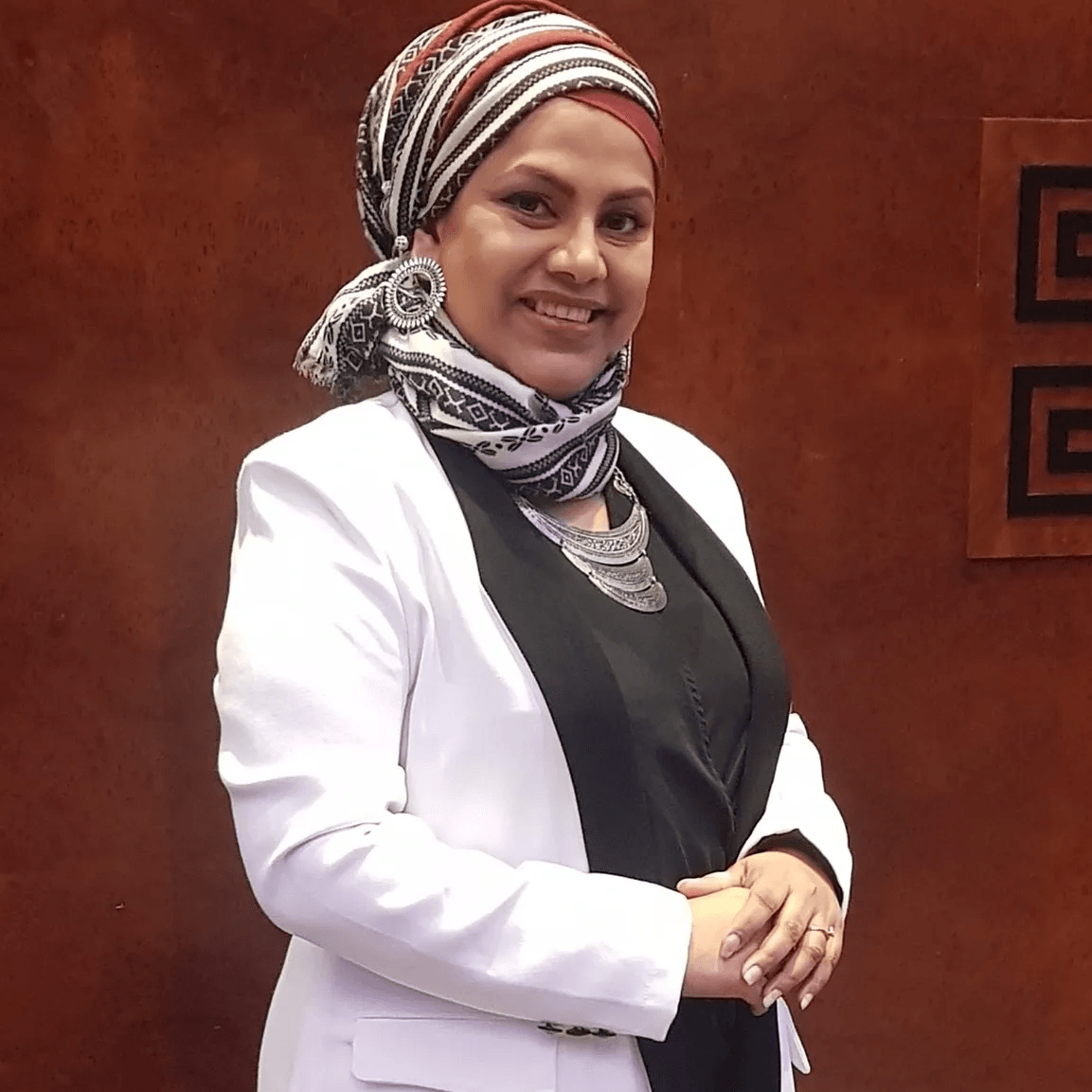
Hi, i am Shamima Fowzee, an early years educator, trainer and consultant. I Share ideas, inspiration, & resources for play-based, inquiry-led learning. Find out more about me here.
SHOP NOW
RECENT POST
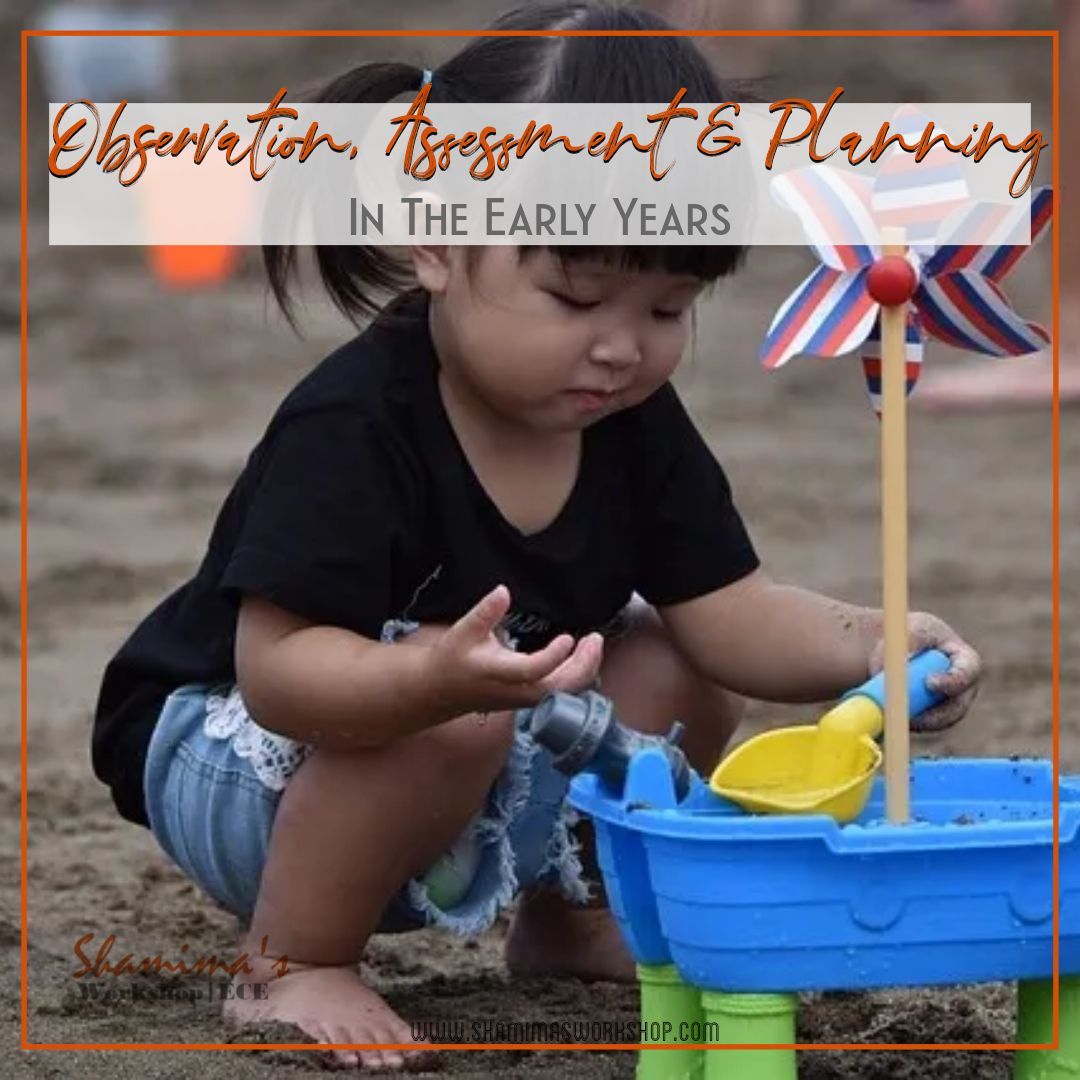

How can I thank you? Spread the word!
For everyone who is passionate about the importance of Early Years.

